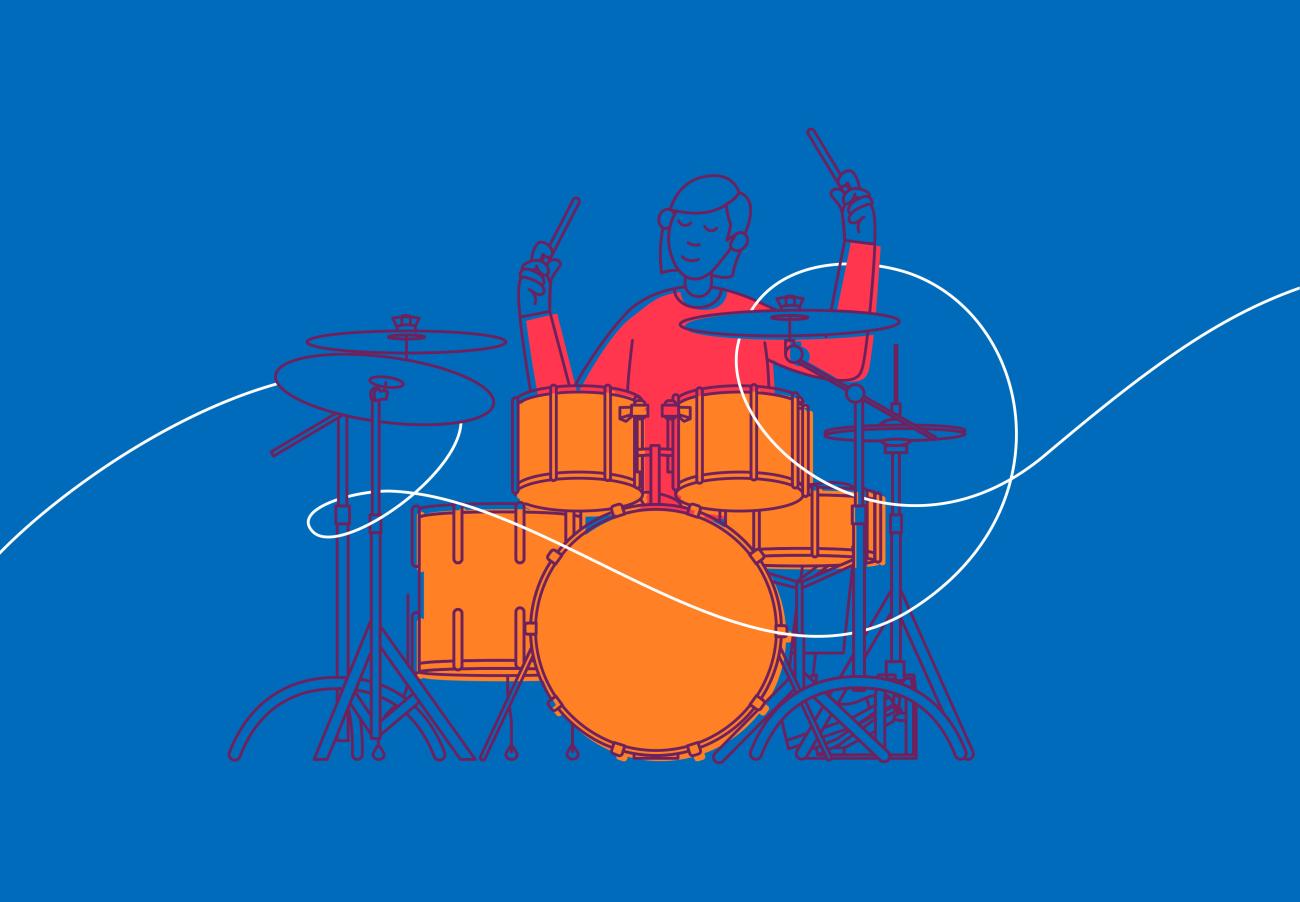The joy of performance – Jurica’s story

We asked some of our scholars, studying at our partner Royal Schools, to share their feelings about performance and provide some tips. This week we hear from Jurica…
What’s your name and where are you from?
My name is Jurica Juraskovic, I am twenty-one years old, and I come from Croatia. I grew up in a small, peaceful and lovely village in the north of the country.
What instrument do you play and where are you studying? Is there a specific area of music you are most interested in?
I play piano and harpsichord, and I am currently studying both instruments on the undergraduate degree at the Royal Northern College of Music in Manchester. Specific repertoire that I like to perform on piano includes works by Beethoven and Rachmaninov, as well as jazz! When I play harpsichord, I enjoy playing Baroque pieces, especially music by J.S. Bach.
How does performing make you feel?
Performance has always been one of the aspects of music that wasn’t studied in much detail in my secondary music school. It wasn’t until I started studying at the Royal Northern College of Music that I realised the importance of musical performance, as well as aspects that make a performance a successful and memorable experience for the audience members, as well as for the performer. For many musicians, performance might feel like a nerve-racking experience – mainly because musicians put a lot of themselves into the practice beforehand and set up high expectations to provide audience members with an enjoyable experience. As silly as it may sound, practice makes perfect! A musician learns from past experiences (including, mostly, mistakes!) so every new performance becomes better than the previous one.
What makes a great musical performer?
A great performer should demonstrate technical proficiency and understand the piece that they are playing in great depth. I find this one of the most interesting things about discovering and researching music – listening to different recordings from famous musicians and, finally, studying different musical sources for the scores.
How do you prepare for a performance and how do you deal with nerves?
I used to find performing was filled with great levels of stress and anxiety. Throughout my time at the Royal Northern College of Music, I came to the realisation that it does not necessarily have to feel like that. Studying various books on performance, performance practice and doing research of my own, I learnt from my previous experiences and how to effectively calm down my nerves and perform with passion and energy. I think performance is all about expressing music the way I feel it in the moment, freely. I believe that one of the most important aspects of performance is freeing yourself, letting yourself be creative, but at the same time ruling your ‘performance world’ with control. One of the main challenges in preparation for a performance lies in reading the musical text and interpreting it. Carrying out your own research on the piece might seem tedious, but it is very important because it will shape your version of the piece, interpreting it as you see and feel it.
Prior to a performance I like to relax by reading a book and listening to some music, spending some quality time on my own. On the performance day I try not to think too much about the way I will perform, but I make sure I am properly warmed up and practise deep breathing.
Performance Grades are available for a wide range of instrumental and singing subjects, including jazz and musical theatre.

